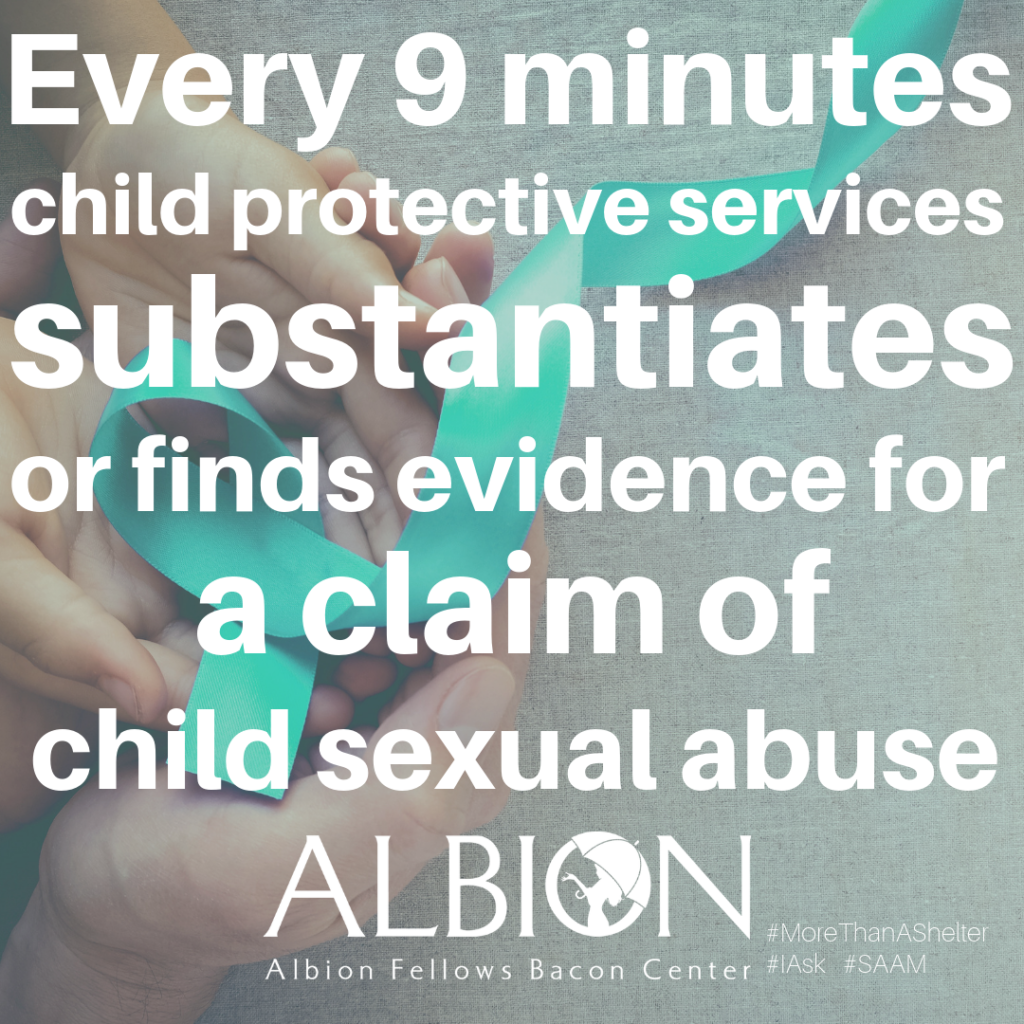We believe in building a community where you can feel safe, seen, and heard. One of the many ways that we can combat future violence is to develop healthy social norms through understanding and acceptance.

Over 57 million individuals (ages 18+) experience mental illness in the United States, most commonly depression, anxiety, an eating disorder, substance abuse, or an attention deficit disorder. These conditions affect your thinking, feelings, or moods, and there is no one leading cause.
Contributing factors to mental illness experiences are vast, including genetic factors, drug and alcohol abuse, biological factors such as hormonal changes, personality factors such as low self-esteem, and even experiencing trauma like sexual or domestic violence.
Struggling with Social Stigma
An estimated 48% of both women and men experience at least one psychologically aggressive behavior by an intimate partner, and those impacted by sexual violence are prone to an increase in depressive or suicidal thoughts.
Sexual and domestic violence occur when an individual exerts power and control over another, often utilizing manipulative, coercive, or forceful actions. In domestic violence specifically, these acts can take the form of psychological abuse, appearing as humiliation, stalking, or even leading an individual to believe they are crazy.
The trauma of abuse further compounds through negative social norms that can make it taboo to speak about abuse. These additional stresses only work to isolate an individual and can impact their mental health as they choose to not disclose their abuse, to stay in an abusive relationship, or feel that others think poorly of them.
Negative social norms further compound the trauma of abuse, often making it taboo to disclose or speak up. These additional stresses only further isolate an individual, impacting their mental health as they choose to not disclose their abuse, to stay in an abusive relationship, or feel that others will view them as a failure or question how they could let such things happen.
Realities Are Simple
Yes, every instance of abuse and mental illness is unique.
No, it is not complex to understand the realities of abuse and mental illness.
- 94% of women experience symptoms of post-traumatic stress disorder (PTSD) during the two weeks after experiencing rape.
- 7 out of 10 women display PTSD symptoms and/or depression after psychological abuse
- 37% of men/women experience problems with friends/family after sexual violence, including increased arguments, a lack of trust, or feeling disconnected
- 67% of men/women experience professional or emotional issues after sexual violence by a stranger
YOU are Change
Our community deserves a future where all individuals feel safe, seen, and heard. You can make positive impacts today.
- Speak Up. Utilize your voice and help others learn how they can join in empowering those impacted by abuse.
- Enroll. Join Albion’s special Umbrella Advocacy group with auto-renewing contributions of as little as $10 per month. All advocates are enrolled in quarterly updates that keep you up-to-date on the impact you are making!
- Volunteer. Volunteers join Albion’s staff in supporting others! Learn about opportunities today.

 Selena Gomez
Selena Gomez Ed Sheeran
Ed Sheeran Leslie Jones
Leslie Jones Demi Lovato
Demi Lovato Millie Bobby Brown
Millie Bobby Brown


 As your child becomes a teen, these conversations become the foundational support in talking about sexual assault.
As your child becomes a teen, these conversations become the foundational support in talking about sexual assault.